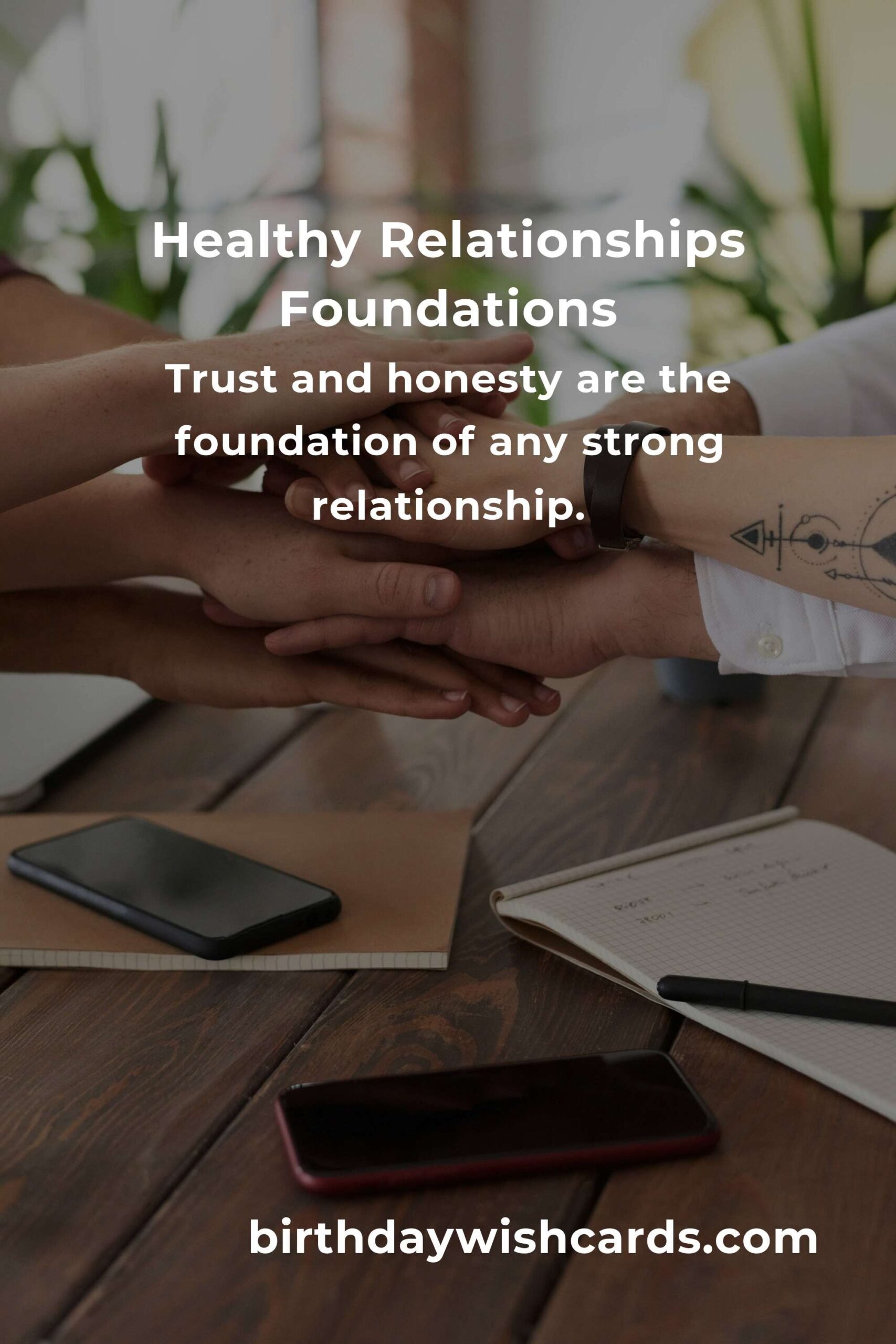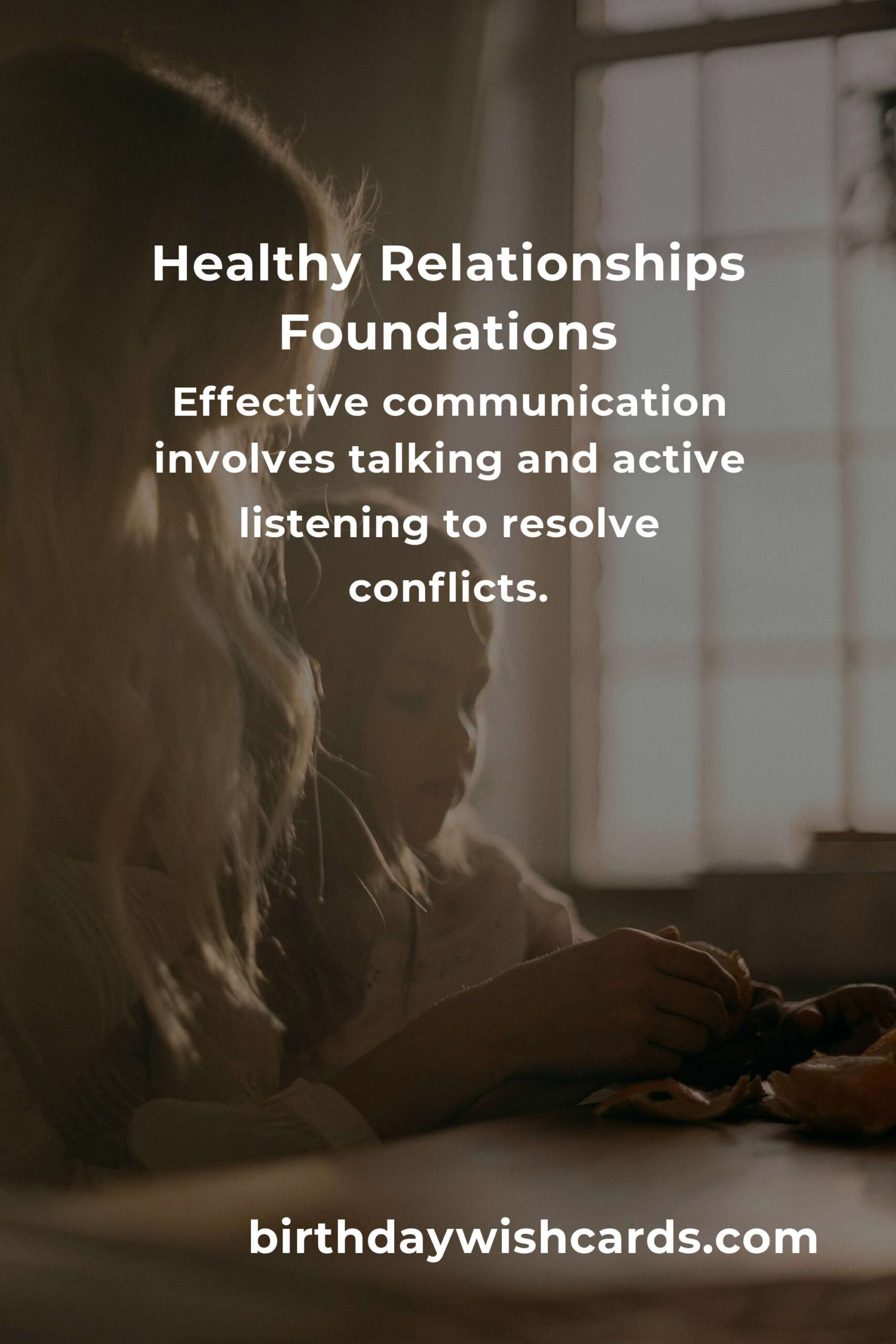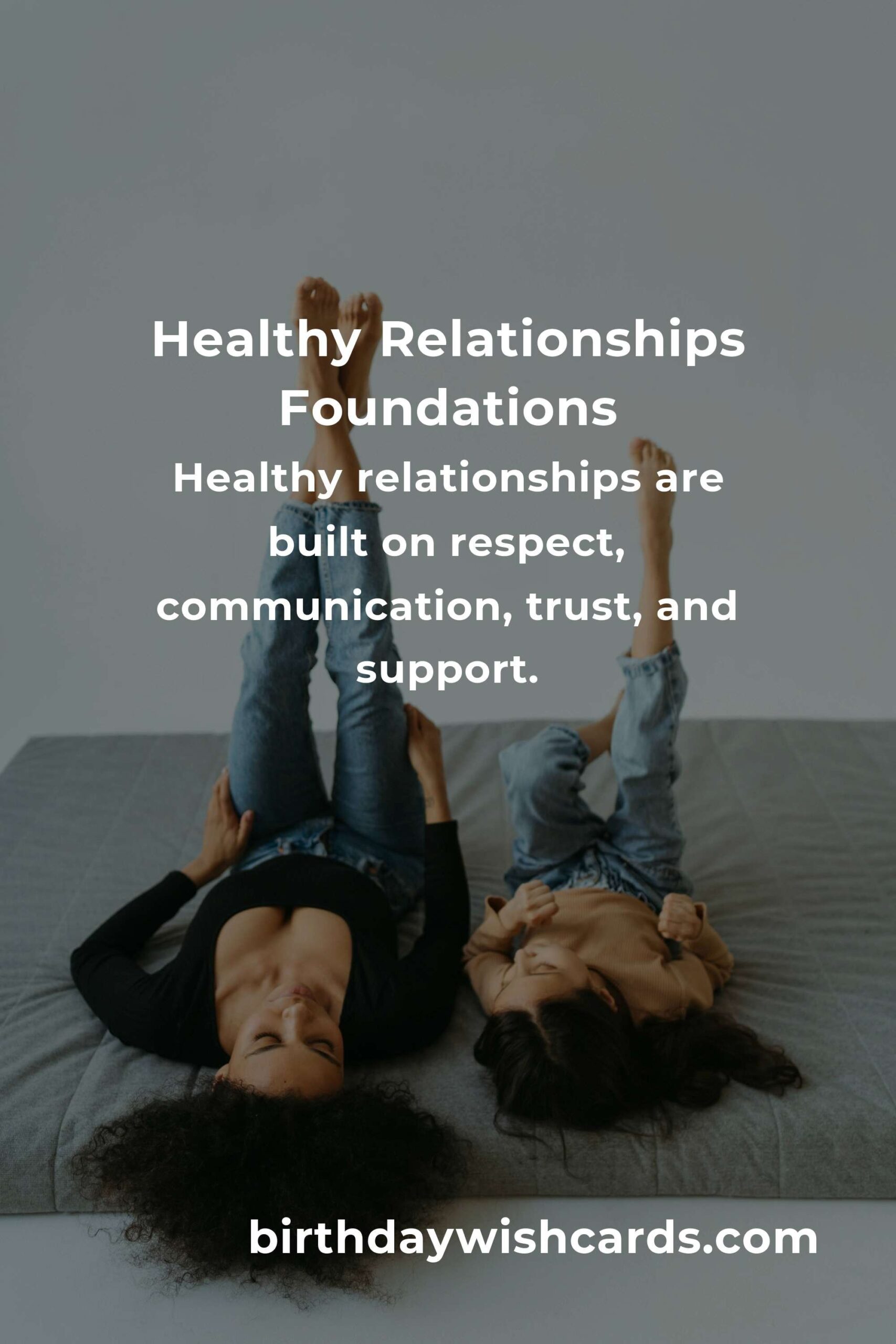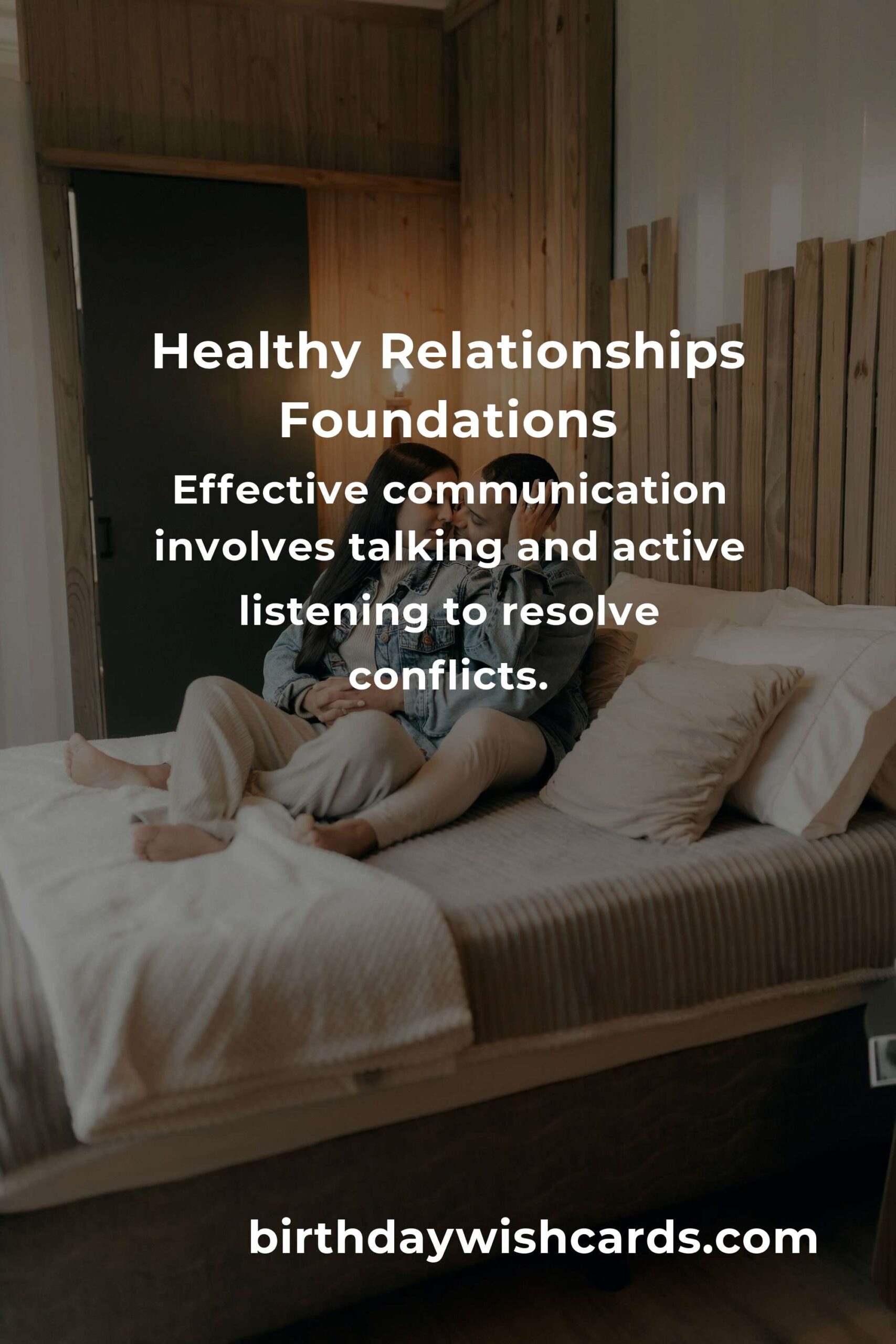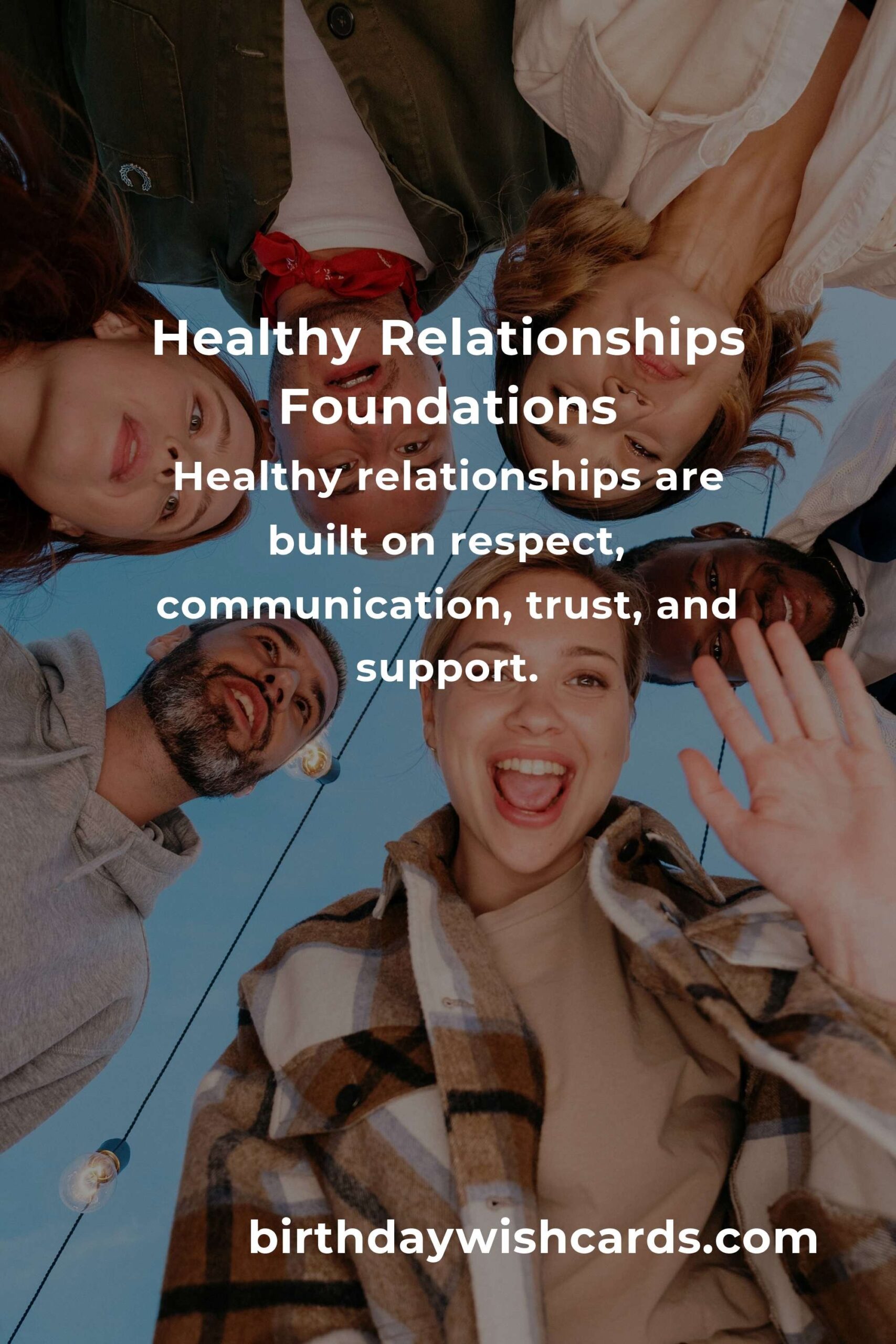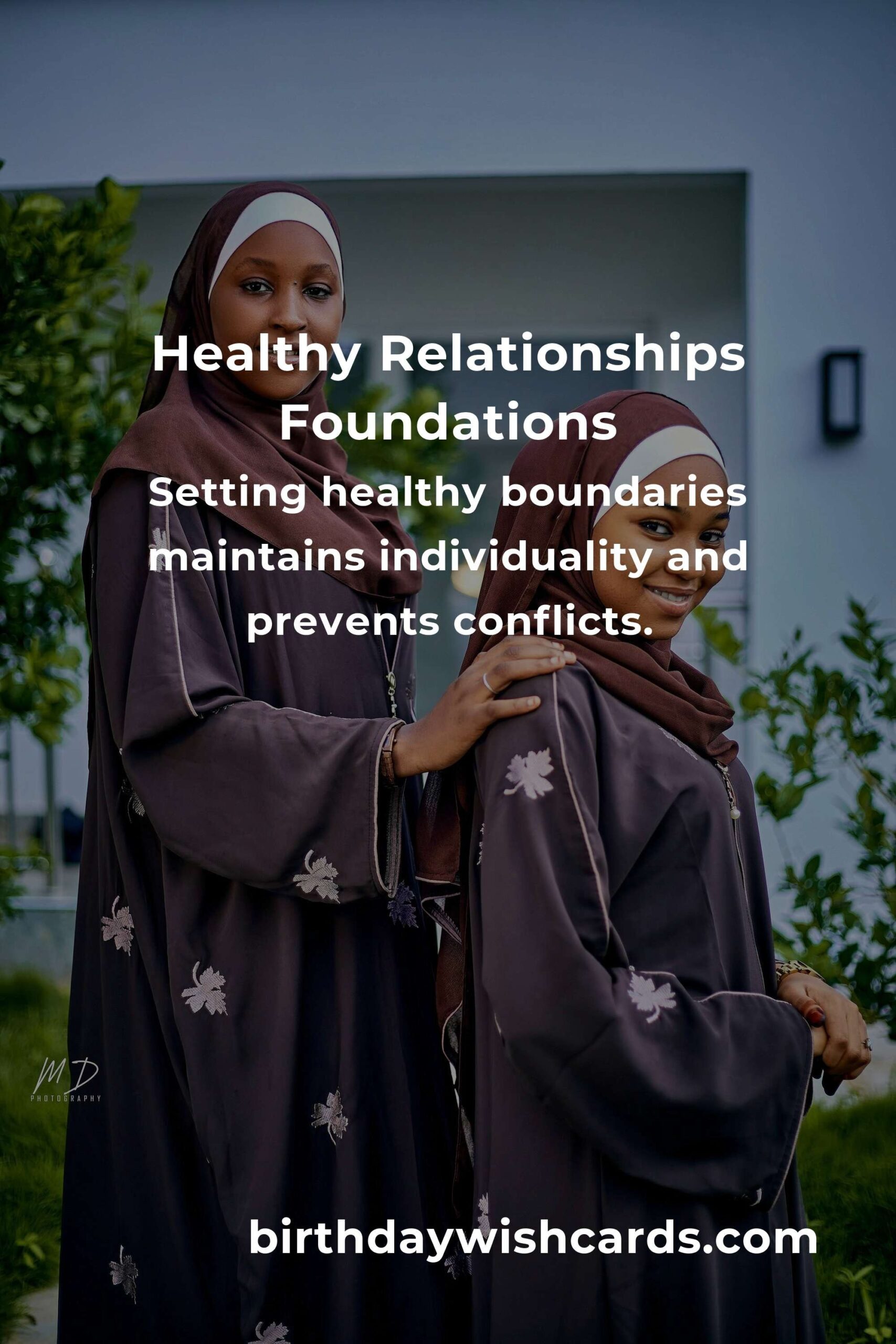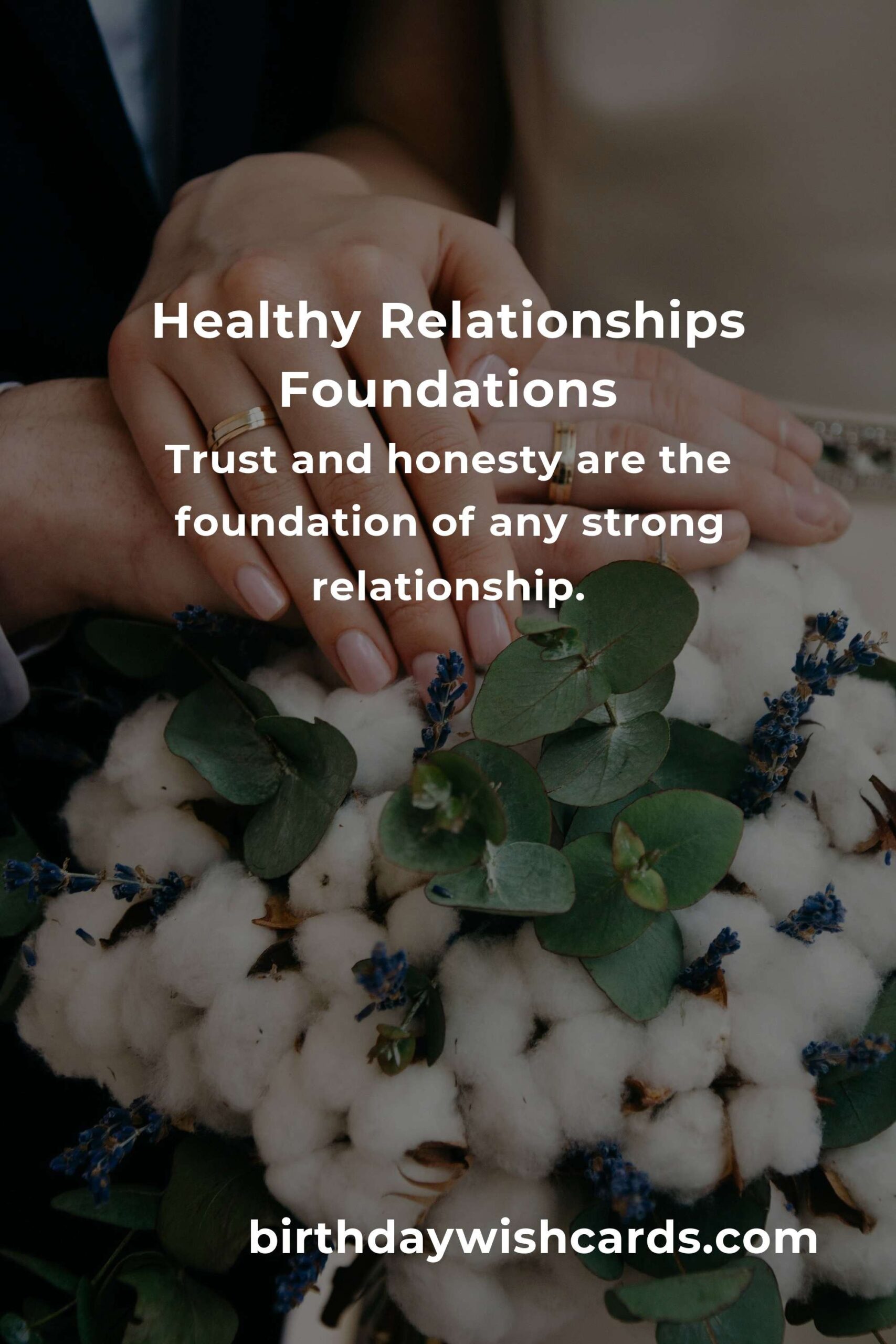
Healthy relationships are a cornerstone of a fulfilling life. Whether it is a romantic partnership, a friendship, or a family bond, understanding what constitutes a healthy relationship is crucial for long-term happiness and well-being.
What is a Healthy Relationship?
A healthy relationship is one where individuals respect each other, communicate effectively, and support one another. It is built on trust, honesty, and equality, allowing both parties to grow and thrive independently and together.
Mutual respect is a fundamental aspect of any healthy relationship. It involves valuing each other’s opinions, feelings, and boundaries. Respect fosters a safe environment where both parties feel appreciated and heard.
Importance of Communication
Communication is the lifeline of any relationship. It involves not just talking but also listening actively. Effective communication helps resolve conflicts, strengthens the bond, and promotes understanding. Partners should communicate openly about their needs, desires, and expectations to avoid misunderstandings.
Active listening is a crucial component of communication. It requires giving full attention to the speaker, acknowledging their message, and responding thoughtfully. This practice helps build empathy and trust.
Building Trust and Honesty
Trust and honesty are the foundation of any strong relationship. Trust is built over time through consistent actions and reliability. It involves being truthful and keeping promises. When trust is present, individuals feel secure and confident in the relationship.
Honesty involves being open and truthful about feelings and actions. It helps prevent misunderstandings and fosters a deeper connection. Both partners should feel comfortable sharing their thoughts and emotions without fear of judgment.
Setting Healthy Boundaries
Boundaries are essential in maintaining individuality and respect within a relationship. They define what is acceptable and what is not, allowing each person to feel comfortable and respected. Setting boundaries involves open discussions and mutual agreements.
Respecting each other’s boundaries ensures that both parties can maintain their independence and personal space. It also prevents resentment and conflicts, leading to a more harmonious relationship.
Supporting Each Other’s Growth
In a healthy relationship, both individuals encourage and support each other’s personal growth and development. This involves celebrating achievements, supporting career goals, and being there during challenging times. A supportive partner inspires confidence and self-improvement.
Personal growth benefits both the individual and the relationship. It allows for new experiences and perspectives, enriching the relationship and making it more dynamic and fulfilling.
Conclusion
Understanding and nurturing the basics of a healthy relationship require effort and commitment from both parties. By fostering mutual respect, effective communication, trust, honesty, and support, individuals can create meaningful and lasting connections. Remember, a healthy relationship not only enhances personal well-being but also contributes to a happier and more fulfilling life.
Healthy relationships are built on respect, communication, trust, and support. Mutual respect fosters a safe environment where both parties feel appreciated. Effective communication involves talking and active listening to resolve conflicts. Trust and honesty are the foundation of any strong relationship. Setting healthy boundaries maintains individuality and prevents conflicts. Supporting each other’s growth enriches the relationship.
#HealthyRelationships #Communication #Trust #PersonalGrowth #RelationshipGoals

